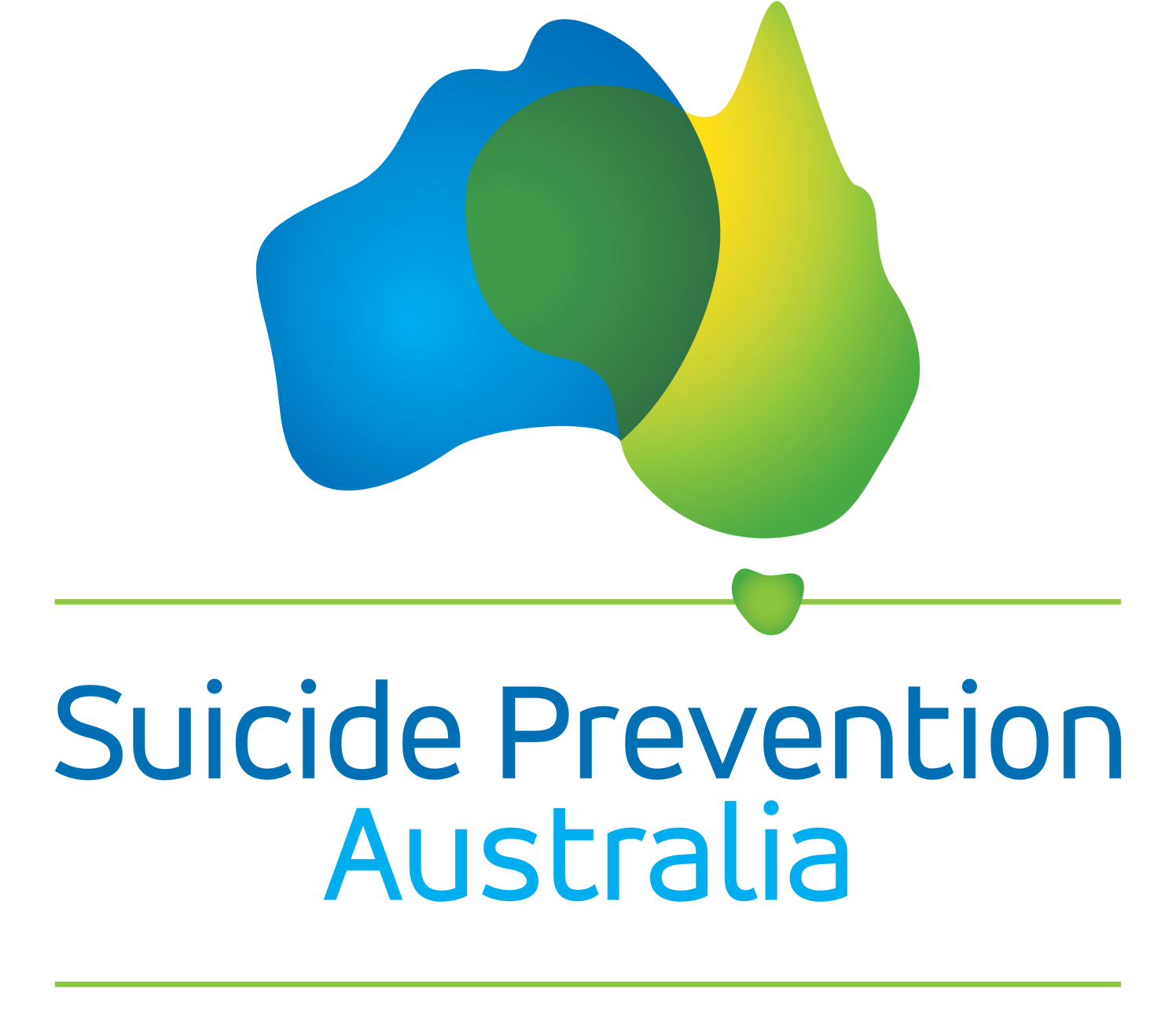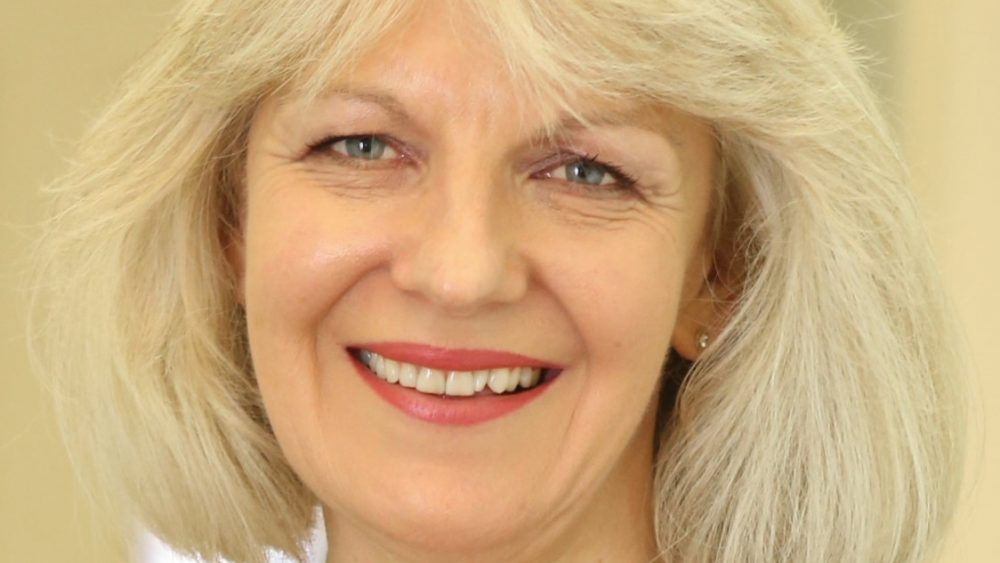Christine Morgan is Australia’s first National Suicide Prevention Adviser and CEO of the National Mental Health Commission. She has been tasked with bringing together the Vision 2030 for Mental Health and Suicide Prevention and reporting to the Prime Minister on the effectiveness of the design, coordination and delivery of suicide prevention activities in Australia, as well as making recommendations. Initial advice to the Prime Minister was provided in November 2019, an interim report with draft recommendations is due in July 2020 and the final report is due in December 2020.
What are the key highlights since taking on the role of National Suicide Prevention Adviser to the Prime Minister?
As the National Suicide Prevention Adviser, I have been tasked with reporting on the effectiveness of the design, coordination and delivery of suicide prevention activities in Australia and advising on what a whole of government approach should look like. The only way this can be done is through conversation and collaboration – which has been the highlight of taking on this role.
Since taking on the role of Adviser in July 2019, I have had the privilege of connecting with people from all walks of life to better understand their experiences and needs. At the Towards Zero Suicide Prevention Forum in November 2019, we heard from people living and working in rural and remote areas, people managing national suicide prevention trials, Aboriginal and Torres Strait Islander people and organisations, veterans’ representatives, members of our culturally and linguistically diverse communities, sector experts, LGBTIQ+ agencies, youth representatives, peak bodies, as well as Commonwealth, State and Territory Ministers and agencies. Being in a room full of passionate, dedicated and knowledgeable people really highlighted the collective desire to work towards zero suicide and improve the lives of people living with mental illness.
I also had the privilege of travelling across Australia in July – September 2019, connecting with over 1300 community members and professionals to hear about their experiences of the current mental health system and their hopes for a new system to inform the development of Vision 2030 for Mental Health and Suicide Prevention and implementation Roadmap being led by the National Mental Health Commission. This unique opportunity really highlighted the power of communities and the importance of community designed programs and support.
What are some of the challenges?
I think one of the biggest challenges is the complexity and uniqueness of everyone’s experience. Australia’s population is 26 million people, and everyone’s story is a little different. Experience of suicidality is unique, and we know there is not always a connection to mental ill health or mental illness.
What is clear is that while we may find some upstream psychosocial risk factors and common themes in experiences, people and communities are diverse, with diverse needs, and require tailored initiatives and responses. It follows that our mental health and suicide prevention approaches cannot be one size fits all. Rather, services need to be person-centred, holistic, and designed and delivered in communities.
If you were to describe your vision for suicide prevention in a one sentence what would you say?
‘Through connecting with others, no one is without hope’
It is always difficult to distil such a complex issue into one visionary statement, but having had conversations across the country with people who have a lived experience of suicidality, as well as loved ones, health professionals, researchers and policy makers, it always comes back to the need for genuine connection – whether that be with friends, family, social groups, community groups, support services. As humans, we need connection, and without it our mental health and wellbeing can be seriously impacted.
What inspires you to do the work you do as both the PM’s Suicide Prevention Adviser and also your role CEO of the National Mental Health Commission?
People and their experiences will always be what inspires me to work within the sector and across jurisdictions, to not only improve the lives of people living with mental illness, and their families, but also prevent the occurrence of mental illness and suicidality in Australia.
Just like our physical health, our mental health is a part of being human, but as I continuously hear, there are so many barriers to talking about our stressors and adverse life experiences, and even more so in seeking support.
What drives me is a willingness to get Australia to a point where as individuals we truly understand the value of our mental wellbeing, feel comfortable and supporting in talking about it and able to access help when we need it.
What are you hoping to achieve in the next 6 months?
I wear two different but related hats at the moment, which has assisted in the translation of knowledge across the two roles. As National Suicide Prevention Adviser, I am working closely with Government Ministers and Departments, community leaders, experts from a wide range of intersecting fields and people with lived experiences of suicidality, to develop advice that can help reduce the number of people who die by suicide, as well as the number of people that experience suicidal distress.
In November 2019, I submitted initial findings and some emerging advice to inform and complement the Government’s Towards Zero initiatives. We are currently seeking feedback from Australians on this initial advice through an online survey until 30 April. Following feedback, the advice will be further refined and developed to provide the formal interim report to the Prime Minister in July 2020. The initial advice and recommendations, along with the survey, can be accessed here.
As CEO of the National Mental Health Commission it is my job to support individual and community voices to be heard when it comes to the Australian Government’s future plans for mental health and suicide prevention. Over the next six months the Commission will be working on significant initiatives including the Vision 2030 for Mental Health and Suicide Prevention and the supporting Roadmap, which is to be released in August 2020, the National Children’s Mental Health and Wellbeing Strategy, the National Mental Health Research Strategy and the National Workplace Initiative. Consumer and carer experiences will be the driving force behind the development of these strategies and initiatives.
From a broader perspective, I hope to achieve a few key things across Australia as we continue to work together on mental health system reforms:
- Placing people at the centre of all initiatives through ongoing conversations and collaboration, including greater authentic engagement with people who have a lived experience of mental illness and suicidality, as well as their carers and families.
- The development of a suicide prevention model for Australia, which encourages shifting the focus to an assertive outreach approach that provides people with the appropriate support when and where they need it, rather than a medicalised reactive approach.
- A whole of government approach to mental health and suicide prevention, whereby we look at the whole person and ensure factors which impact individuals’ mental health and wellbeing such as housing, employment, education, relationships and physical health are addressed alongside the delivery of mental health care.
The National Mental Health Commission have launched their Fifth Plan Consumer and Carer Surveys for 2020, to better understand the experiences of mental health services in the past year. Insights will inform reporting on the progress of mental health and suicide prevention reform in Australia, to continuously improve care. Find out more and take the survey here: https://www.mentalhealthcommission.gov.au/News/2020/March/Fifth-Plan-Surveys-Launched

